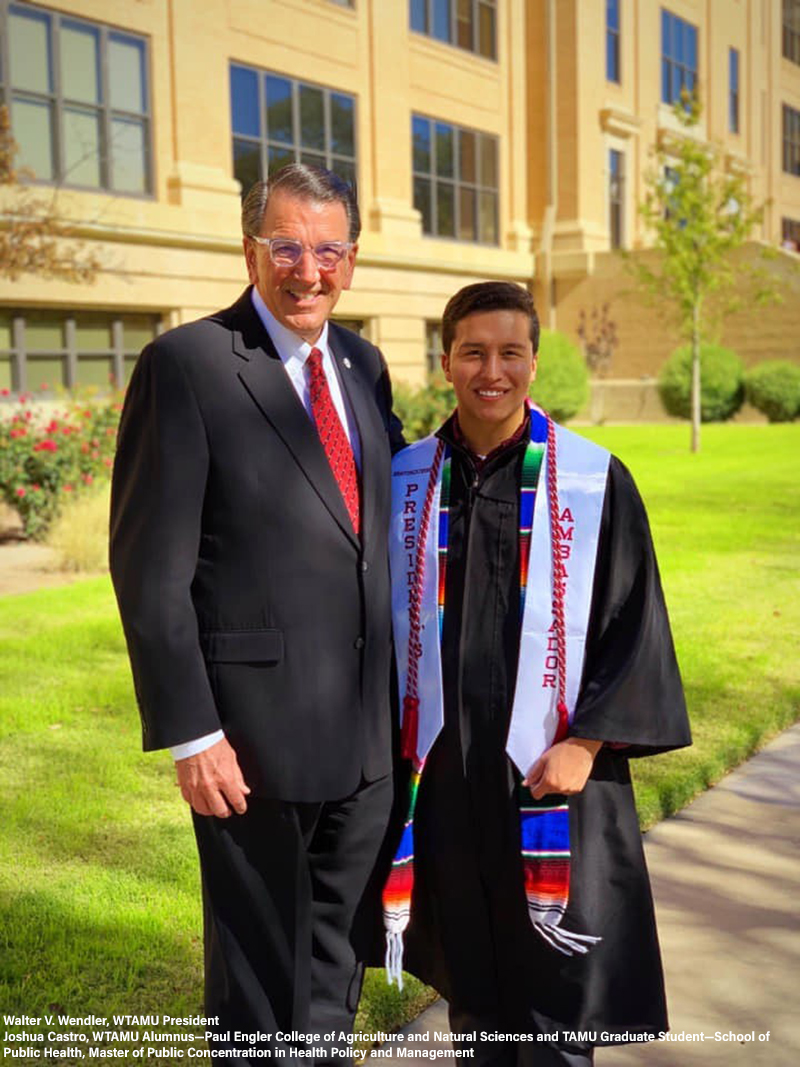 I will not pretend to know the answer to this question for every individual; however, two ideas are repeatedly reinforced to me. First, students are interested in getting a job. A university that neglects this will falter. Second, students are interested in a fulfilling and meaningful life. Likewise, neglect of this will lead to organizational demise. Definitions of “a fulfilling and meaningful life” are nearly limitless, but Gen Z’s are purpose driven. A significant part of “meaningful” is the ability to care for oneself and immediate loved ones emotionally. Of course, in good circumstances these purposes peacefully coexist. In the best circumstances each empowers the other.
I will not pretend to know the answer to this question for every individual; however, two ideas are repeatedly reinforced to me. First, students are interested in getting a job. A university that neglects this will falter. Second, students are interested in a fulfilling and meaningful life. Likewise, neglect of this will lead to organizational demise. Definitions of “a fulfilling and meaningful life” are nearly limitless, but Gen Z’s are purpose driven. A significant part of “meaningful” is the ability to care for oneself and immediate loved ones emotionally. Of course, in good circumstances these purposes peacefully coexist. In the best circumstances each empowers the other.
The American Association of Colleges and Universities correctly proclaims the value of a liberal arts education in helping students find purpose and passion in their lives. Critical thinking skills and their tangible value in the workplace cannot be over stated. On a daily basis, the seemingly most satisfied people operate in a work environment that requires the exercise of analytical skills to help people.
Many universities have a fleet of personnel that help students find jobs and promote the means to get a good job. They guide soon to be graduates in the ability to network, build relationships and write a resume. To be sure, students appreciate such services. But, attaining a job through these skills, if the job produces little emotional satisfaction, is a false positive.
The Greater Good Science Center at the University of California (UC) promotes finding purpose by becoming part of something larger than self as critically important. For me personally, that comes in part through an exercised faith-life, and being a husband and father, son and brother. There are other circles of community—identifying myself as an architect and educator, for example. Each community might make me part of something larger than myself. The UC Center identifies six activities that develop purpose: reading, helping others, cultivating gratitude, listening to others regarding yourself, building community and telling your story. None of these in isolation or even all six in combination will give clear purpose simply by robotic recitation.
Skills without purpose are shallow.
Universities generally recognized as excellent have strong commitments to helping students understand “who they are.” Millennial and Gen Z students are concerned about doing meaningful work. They are open and sincere when they ask themselves if their life goals have purpose and a positive influence. It is not solely about the often threadbare, oversimplified concept of “work-life balance.”
A look at the top universities as perceived by employers was published in a 2019 Times Higher Education study and shows institutions that attend to high levels of both hard skills—often thought of as technical, and soft skills—those focusing on our state of being in the world (who we are, what we love and where our passions lie). The best institutions help students solve complex problems thereby producing economic value, and, simultaneously, finding deep purpose.
Hard and soft skills are insincerely separated by overly simplistic thinking.
Recently, the Harvard Business Review shared “6 reasons why higher education needs to be disrupted.” These suggestions help answer the question, “Why do students go to college?” They report that employers need skills, not just knowledge or titles; graduates want jobs; students are paying more and more to get less and less; freshmen have unrealistic expectations about college; many elite universities prioritize research, often at the expense of teaching; and, instead of boosting meritocracy, universities reinforce inequality (often by false dichotomies and focusing on differences between people of various social economic backgrounds and other identity-group distinctions). These disruptive suggestions reinforce the simple proposition that students want to do something that’s meaningful and be self-sustaining.
Human beings should be captains of their own ship. A university experience should reinforce this simple observation memorialized by William Ernest Henley in his clarion called “Invictus”:
It matters not how strait the gate,
How charged with punishments the scroll,
I am the master of my fate:
I am the captain of my soul.
Likewise, Adam Smith’s assessment that the pursuit of passion and the ability to sustain oneself are good for both individual and community.
Why do students go to college? To generate and reinforce purpose and self-reliance creating utility. When universities miss this point, they fail student and institution miserably.
Walter V. Wendler is President of West Texas A&M University. His weekly columns are available at http://walterwendler.com/.
